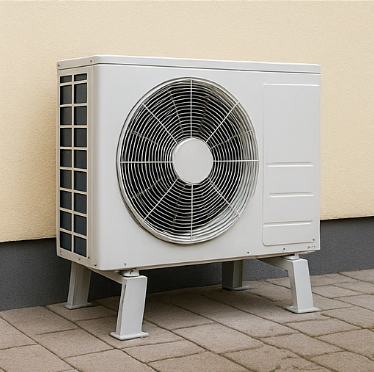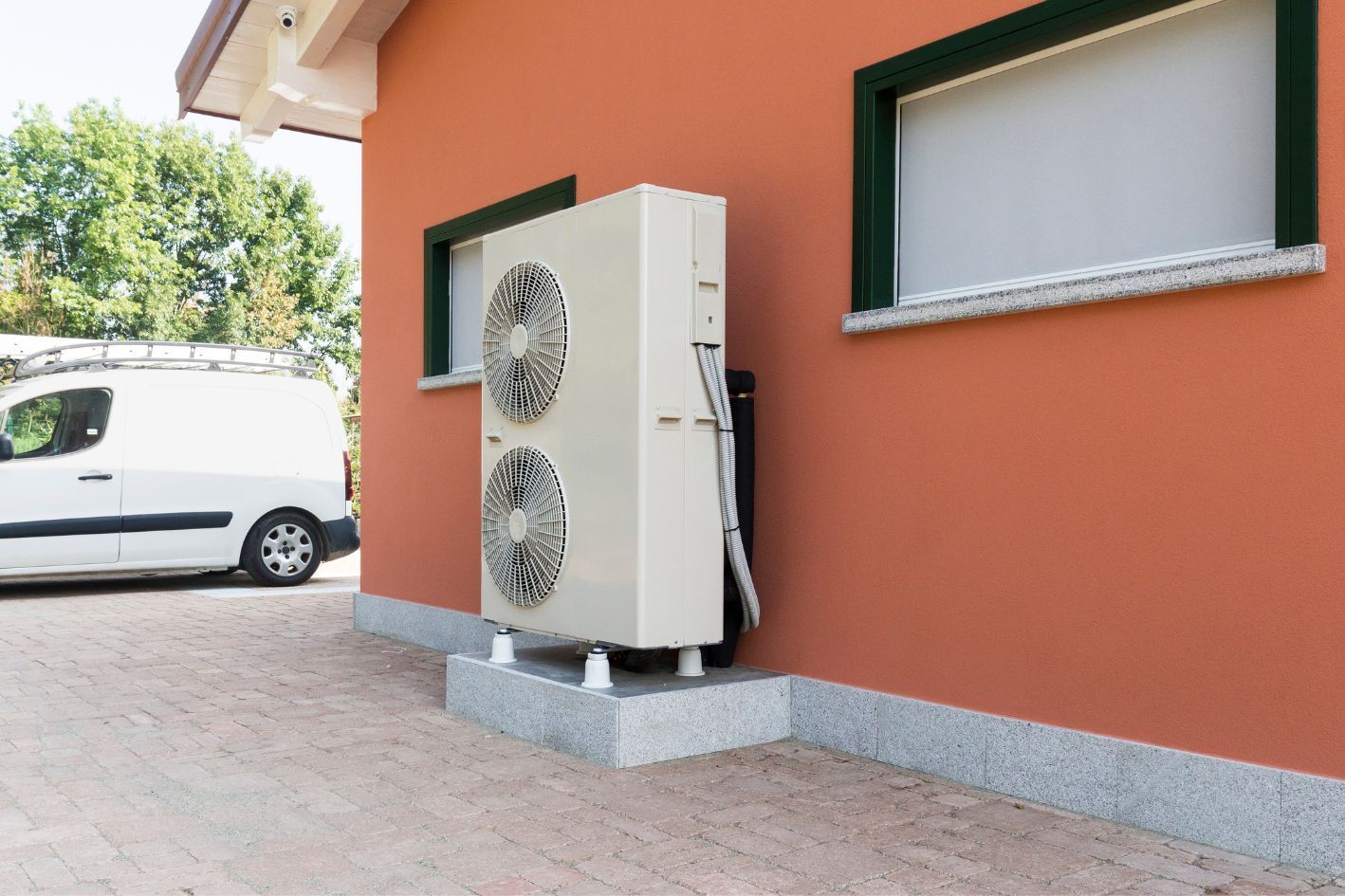The Role of Air Source Heat Pumps in Achieving Net Zero Homes
Air Source Heat Pumps' Contribution to Net Zero Houses
Are you considering a heat pump for your home but unsure which type best suits your needs? Let’s explore the key differences between air-to-air and air-to-water heat pumps to help you make an informed decision.
How They Work
Air-to-air heat pumps extract heat from outdoor air and transfer it directly to indoor air. These systems operate similarly to air conditioners but can also function in reverse, providing both heating and cooling. They distribute warmth through indoor units that blow heated air into your living spaces.
In contrast,
air-to-water heat pumps extract heat from outdoor air but transfer it to a water-based system. This heated water circulates through radiators and underfloor heating systems or can even supply your hot water needs.
Efficiency and Performance
Both systems offer excellent
energy efficiency, typically delivering 3-4 units of heat for every unit of electricity consumed. However, they shine in different situations.
Air-to-air systems respond quickly to temperature changes and are ideal for rapid heating or cooling. They’re particularly effective in moderate climates and well-insulated homes.
Air-to-water systems excel in providing consistent, comfortable heat and integrate seamlessly with existing radiator systems. They’re especially valuable in colder regions and can achieve higher water temperatures than traditional boilers.
Installation and Compatibility
Your current home setup significantly influences which system works best for you. If you already have radiators or underfloor heating, an
air-to-water heat pump offers straightforward integration. For homes without existing water-based heating systems,
air-to-air systems often provide a more straightforward installation with minimal disruption.
Making Your Choice
The right
heat pump depends on your specific requirements. Consider your climate, existing heating infrastructure, and whether you require both heating and hot water from a single system. Regardless of your choice, both options offer substantial energy savings and reduced carbon emissions compared to conventional heating systems.
Investing in a heat pump today
means lower energy bills tomorrow and a more sustainable home for years ahead.












